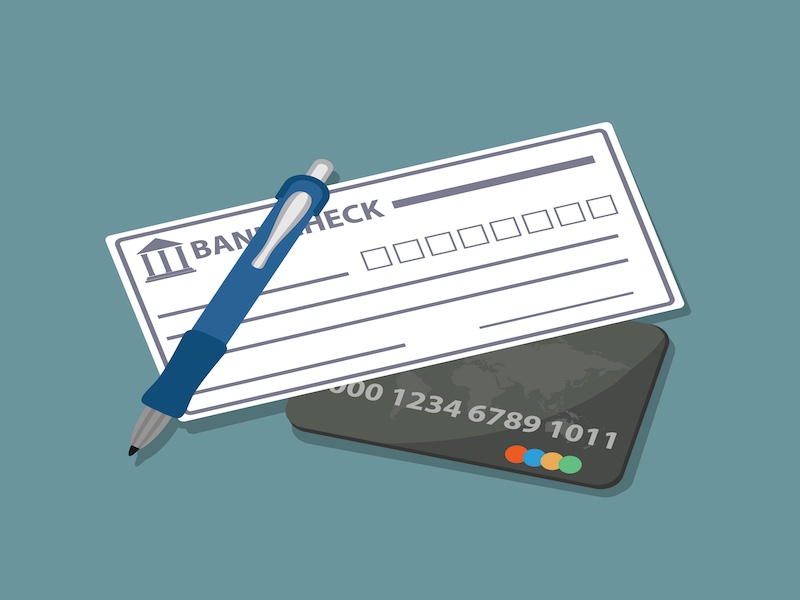President Trump’s sweeping “Big Beautiful Bill” is moving closer to becoming law after narrowly passing the Senate in a 51-49 vote, fueling debate over its potential to boost the economy versus its impact on the federal deficit. Packed with tax reforms and targeted incentives, the legislation aims to renew many provisions of the 2017 Tax Cuts and Jobs Act, which are set to expire at the end of 2025.
Supporters argue the bill will help avert a fiscal cliff in 2026 by extending tax breaks that support household spending and business investment. Industry groups have voiced their backing, with banking leaders highlighting the bill’s potential to stimulate growth and shield the economy from a sudden contraction. Economists say provisions to extend lower income tax rates and expand business expensing could deliver a short-term boost to consumer demand and corporate activity.
Some analysts are even calling the legislation “unquestionably good” for the near-term outlook, noting that it would sustain economic momentum as trade deals continue to unfold with partners including the UK, China, and potentially Japan and Europe.
Yet critics warn of steep costs. The Congressional Budget Office projects the bill could add at least $3 trillion to the federal deficit over the next decade, raising alarms about fiscal sustainability. Skeptics argue that while extending tax relief may ease immediate pressures, it fails to address long-term structural challenges and could force painful choices later on.
Others have pointed to the bill’s complexity, with narrowly tailored provisions likely to strain the IRS and add to administrative challenges. The agency may need to overhaul forms, guidance, and enforcement tools to manage the changes — a heavy lift for an already stretched workforce.
Ultimately, the bill encapsulates a broader debate in Washington: how to balance short-term economic gains with long-term fiscal responsibility. While supporters see it as critical to maintaining growth, opponents fear a ballooning debt burden that could eventually slow the very economy the bill aims to protect.




